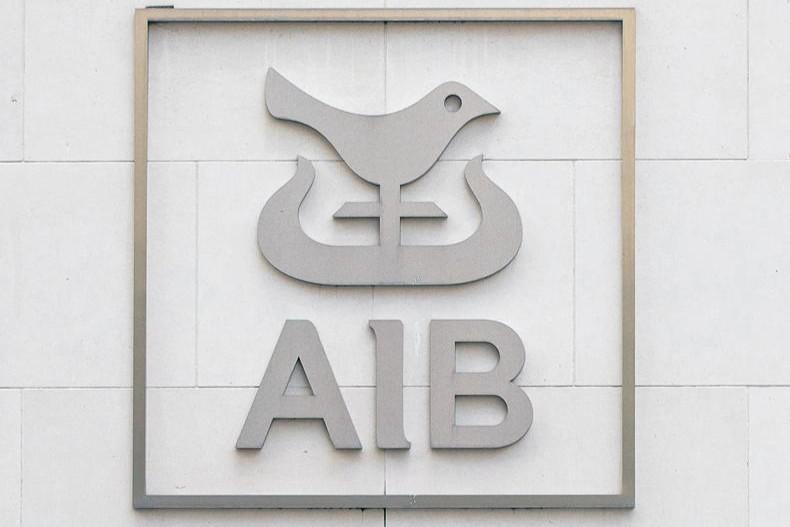When looking to invest a lump sum, people want a secure investment opportunity that will deliver a decent return on capital. We look at some of the traditional forms of investment, as well as the more unusual investment opportunities.
Deposits
Savings accounts, or deposit accounts, have traditionally been the most favoured savings option for Irish consumers. However, because of record low interest rates in Europe (European Central Bank key interest rates are currently set at -0.5% and are likely to remain at this level for some time due to COVID-19), returns from traditional deposit accounts are almost non-existent.
In the last year, the interest rates offered by every bank and building society in Ireland have dwindled to almost zero, meaning that keeping your money in a savings account right now offers practically no return.
Prize bonds
One of the most popular places where Irish people place their investments and cash is in State-run prize bonds. Prize bonds are attractive as they attract no charge or fees and are 100% secured by the Irish State. The minimum purchase for prize bonds is €25 (four prize bonds) up to a maximum of €250,000 (40,000 prize bonds) per individual.
Any winnings from these draws are tax-free
Prize bonds never expire and can be held for as long as the individual chooses. Prize bonds can be cashed any time after the minimum holding period of 90 days. On top of this, prize bond owners are entered into a weekly draw for cash prizes up to €50,000 and a €1m prize twice a year. Any winnings from these draws are tax-free.
Government bonds
Investors looking to save a lump sum for a short-, medium- or long-term period can also invest in Irish Government bonds. Again, these bonds are attractive as they are 100% secured by the Irish State. Longer-term 10-year bonds offer returns of 16%, or 1.5% per annum, while shorter-term four-year bonds offer 2% returns over four years (0.5% AER). While quite modest, the returns are tax-free with no handling fees or charges deducted. Minimum investments are €50 going up to a maximum investment of €120,000 per individual.
Stocks and shares
For those looking to invest in shares for the first time, there are some important details to consider.
Firstly, if you are looking to trade shares for the first time it is important to understand you will have to pay recurring fees to do this.
However, online trading has made it much cheaper to invest in shares.
The cheapest rates for trading shares are for those willing to make their own decisions and analysis of the financial markets and different companies. Execution-only share trading accounts can be set up for as little as €10 per trade, along with charges for foreign exchange rates or overseas trades.
Charges will vary depending on the broker and how frequently you are prepared to make trades
However, if you wish to avail of professional advice offered by the stockbrokerage firms, you will have to pay for it. Davy, Goodbody, Cantor Fitzgerald and Campbell O’Connor include some of the leading brokerage firms in Ireland and offer multiple options for investors depending on their trading preference.
Charges will vary depending on the broker and how frequently you are prepared to make trades. Obviously, the more you trade the cheaper it is to use the services of a broker. However, most investors like to buy and hold shares as opposed to trading frequently just for the sake of cheaper fees.
It is also important to remember that stamp duty of 1% applies when buying Irish shares, while UK shares attract stamp duty of 0.5%.
Exchange traded funds (ETFs)
Exchange traded funds (ETFs) consist of a basket of stocks or investments around a specific sector or market. For example, you can purchase an ETF off the Irish stock exchange which performs in line with the collective performance of all the companies listed on the Irish stock market.
You can also invest in more sector-specific ETFs such as agricultural commodities, finance, property, etc. ETFs allow you to invest in a basket of companies rather than being exposed to the risk of a single company or fund.









SHARING OPTIONS